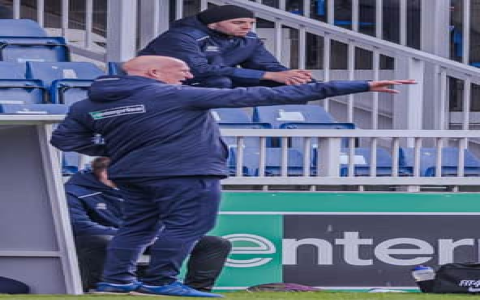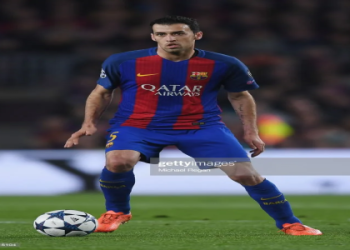Stand on the blank soccer pitch before dawn and you can feel time holding its breath. The grass—freshly cut, still pearled with dew—has not yet been scuffed by studs, yelled at by coaches, or celebrated upon by roaring grandstands. It is a rectangle of pure possibility, 105 by 68 meters of chlorophyll-green canvas waiting for someone to decide what color the first streak of paint will be.
To the groundskeeper it is a job; to the groundskeeper’s son it is a kingdom. He tiptoes between the neat white lines, arms out like an airplane, imagining the applause that will erupt here in eight hours. He does not know that one day he will return wearing the captain’s armband and score the goal his father claims was “written in the soil.”
To the retired striker cycling past on the gravel path, the pitch is a Polaroid that never fully develops. He sees overlapping ghosts: his twenty-year-old self trapping a 60-yard pass, the ball kissing the turf exactly where the sprinkler now pulses. He blinks, and the vision dissolves into ordinary sprinklers and ordinary Tuesday air.
To the migrant who sleeps under the aluminum stands, the blank field is a quiet landlord. At night he folds yesterday’s newspaper into a pillow, listens to the irrigation system hiss like distant crowds, and dreams of a country whose name no one here can pronounce correctly. The chalk lines look like borders he will never need to cross.
To the data analyst in the glass-fronted control booth, the pitch is a dark spreadsheet waiting to be illuminated. Each blade of grass is a cell that will soon contain x, y coordinates, sprint vectors, expected goals. He will reduce every feint and gasp to decimal points, yet he still feels something unmeasurable when the floodlights snap on and the empty green glows like a casino felt before the first card is dealt.
Hours later the teams arrive. Boots plant the first signatures, knees tattoo circles, lungs brand the air with vapor. The pitch is no longer blank; it is a palimpsest of every tackle, every curse, every prayer. Yet under the din you can still hear the original hush, the way the sea keeps murmuring beneath a fleet of ships.
When the final whistle blows and the stadium empties, the groundskeeper wheels out the paint machine again. One careful pass restores the vanished lines, erases the scars, returns the rectangle to innocence. The night breeze carries away the smell of popcorn and tension, and the blank soccer pitch resumes its quiet residency at the center of town—an unwritten page knowing tomorrow will bring fresh ink, fresh dreams, fresh footsteps racing toward futures no algorithm can predict.















